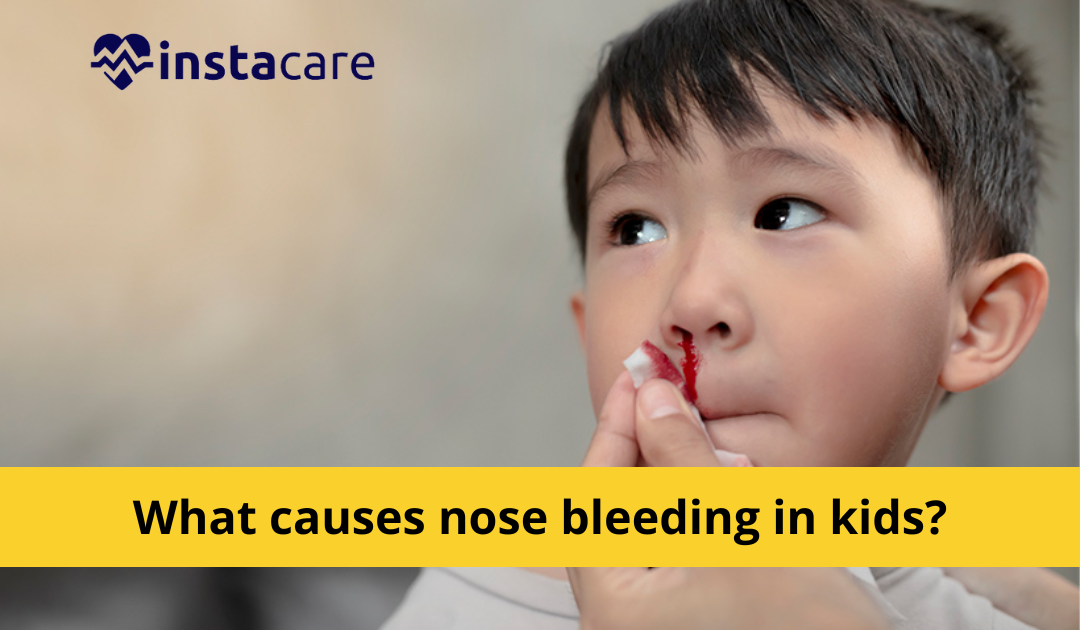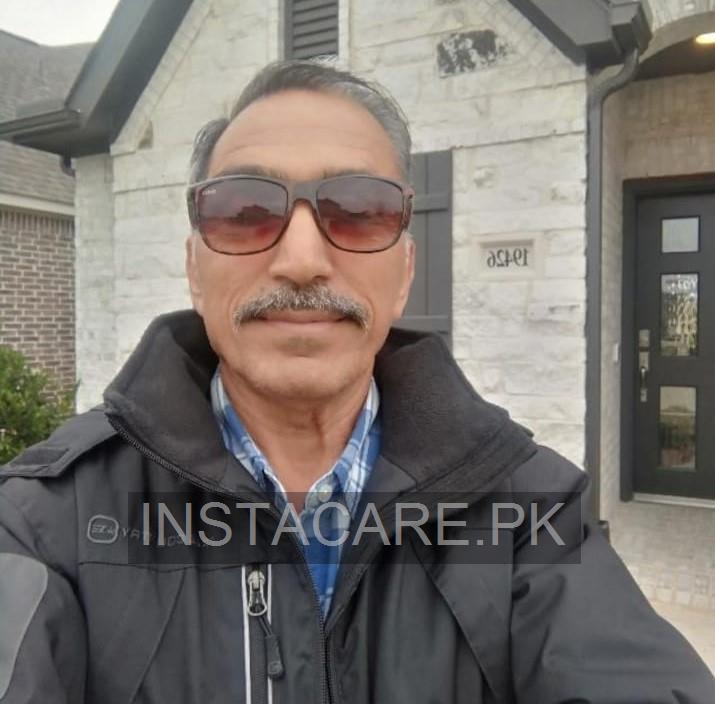Nosebleeds are common in children aged 3 to 10, most of which are caused by nose-picking or dry air. They can be frightening, but they are usually harmless. Most of them will stop on their own and can be treated at home. If the symptoms are not caused by a sinus infection, allergies, or irritated blood vessels, a doctor may order tests to determine the cause. A bleeding disorder or abnormally formed blood vessels are rare possibilities.
Two Kinds Of Nose Bleeding
An Anterior Nosebleed
An anterior nose bleeds from the front of the nose is the most common type of nosebleed. Capillaries cause this type of nosebleed.
Posterior Nosebleed
The deepest part of the nose causes a posterior nosebleed. Blood flows down the back of the throat, even when a person is sitting or standing. Posterior nosebleeds are uncommon in children. They are more common in older people, those with high blood pressure, and those who have suffered nose or face injuries.
View More: All You Need To Know About Eye Twitching Superstition
Nose Bleeding In Kids
Nosebleeds are frequently caused by innocuous activities such as your child picking their nose, blowing their nose too hard or too often, or being hit on the nose during play. Other possible causes of nosebleeds include overly sensitive blood vessels that burst and bleed in warm, dry weather. Tiny blood vessels inside the nose can become irritated and fail to heal, which is more common in children with ongoing allergies or who catch many colds. In these cases, a doctor may be able to assist.
Nose Bleeding In Pregnancy
Pregnant women are more prone to nosebleeds because the blood vessels in their noses expand due to the pressure of all the new blood flowing through their bodies. When pregnant, your blood supply increases by up to 50%. Because of hormonal changes, nosebleeds are pretty common during pregnancy. They can be frightening, but as long as you don't lose a lot of blood, there's nothing to worry about, and they can often be treated at home. Blood flows from one or both nostrils during a nosebleed. A nosebleed occurs when blood flows from one or both nostrils. It can be heavy or light, and its duration can range from a few seconds to more than ten minutes. Nosebleeds can occur while you're sleeping.
Nose Bleeding Reasons
There are some reasons for nose bleeding
Dry Air
The majority of anterior nosebleeds are caused by dry air. Nasal membranes are irritated and dried out by a dry climate or heated indoor air. This results in crusts that itch and bleed when scratched or picked. Common colds can also irritate the nose lining, resulting in bleeding after repeated nose-blowing. Having a chill in the dead of winter is a recipe for nosebleeds.
Allergies
Allergies can also be problematic, as doctors may prescribe medication (such as antihistamines or decongestants) to control an itchy, runny, or stuffy nose. The medicine can potentially dry out nasal membranes, resulting in nosebleeds.
View More: How to Whiten The Teeth 4 Important Tips
Injury Or Blow
A nose injury or blow can cause bleeding, but most are not severe. However, if your child sustains a facial injury resulting in a bloody nose and you cannot stop the bleeding after 10 minutes, or if you have other concerns about the damage, seek medical attention immediately.
How To Stop Nose Bleeding AT Home
Sit down and tightly pinch the soft part of your nose, just above your nostrils, for 10 to 15 minutes without letting go.
Holding an ice pack covered in a tea towel or a packet of frozen peas wrapped in a tea towel on the top of your nose may help reduce blood flow. However, there is little evidence that it works.
Sit or stand upright rather than lying down to reduce blood pressure in your nose veins and discourage further bleeding.
Lean forward and take deep breaths through your mouth. This causes blood to drain through your nose rather than the back of your throat.
Conclusion
While nosebleeds are rarely dangerous, there may be an issue if they occur frequently. Call your doctor if your child has nosebleeds more than once a week. Frequent nosebleeds are usually simple to treat.
Please book an appointment with the Best ENT Specialist in Lahore, Karachi, Islamabad, and all major cities of Pakistan through InstaCare, or call our helpline at 03100002273 to find the verified doctor for your disease.
Source: https://instacare.pk/blog/various-nose-bleeding-reasons-and-how-to-stop-it









